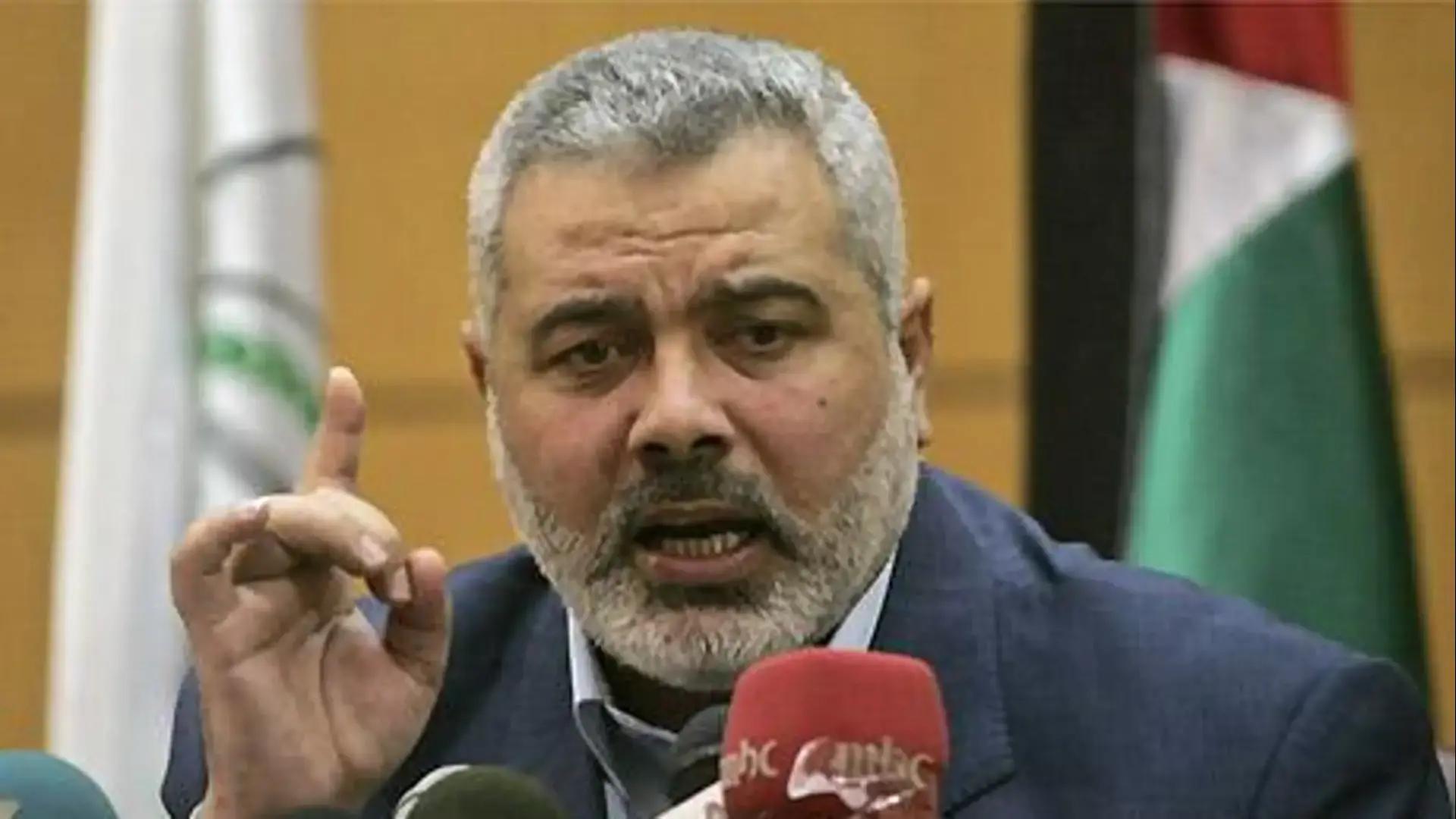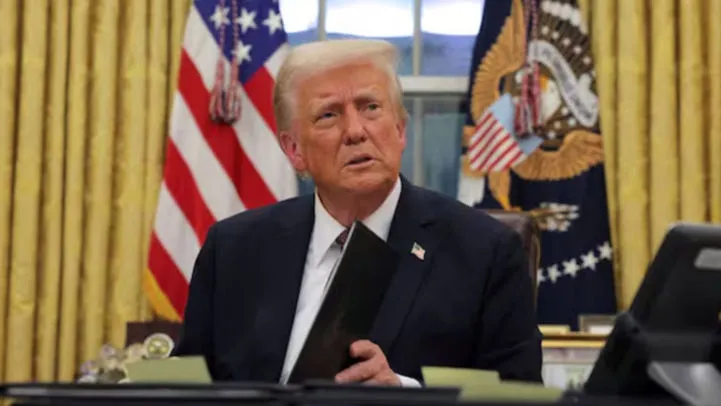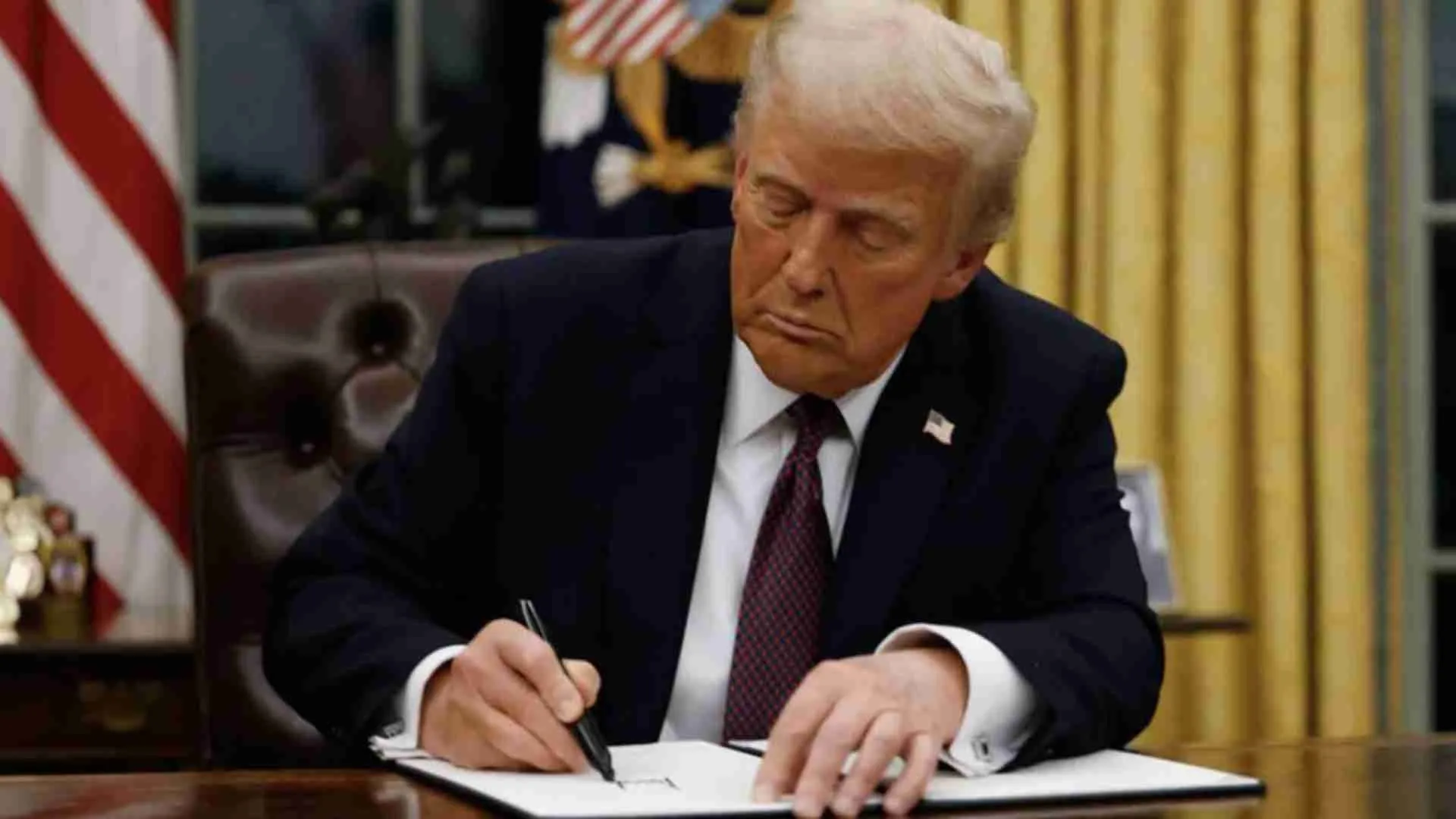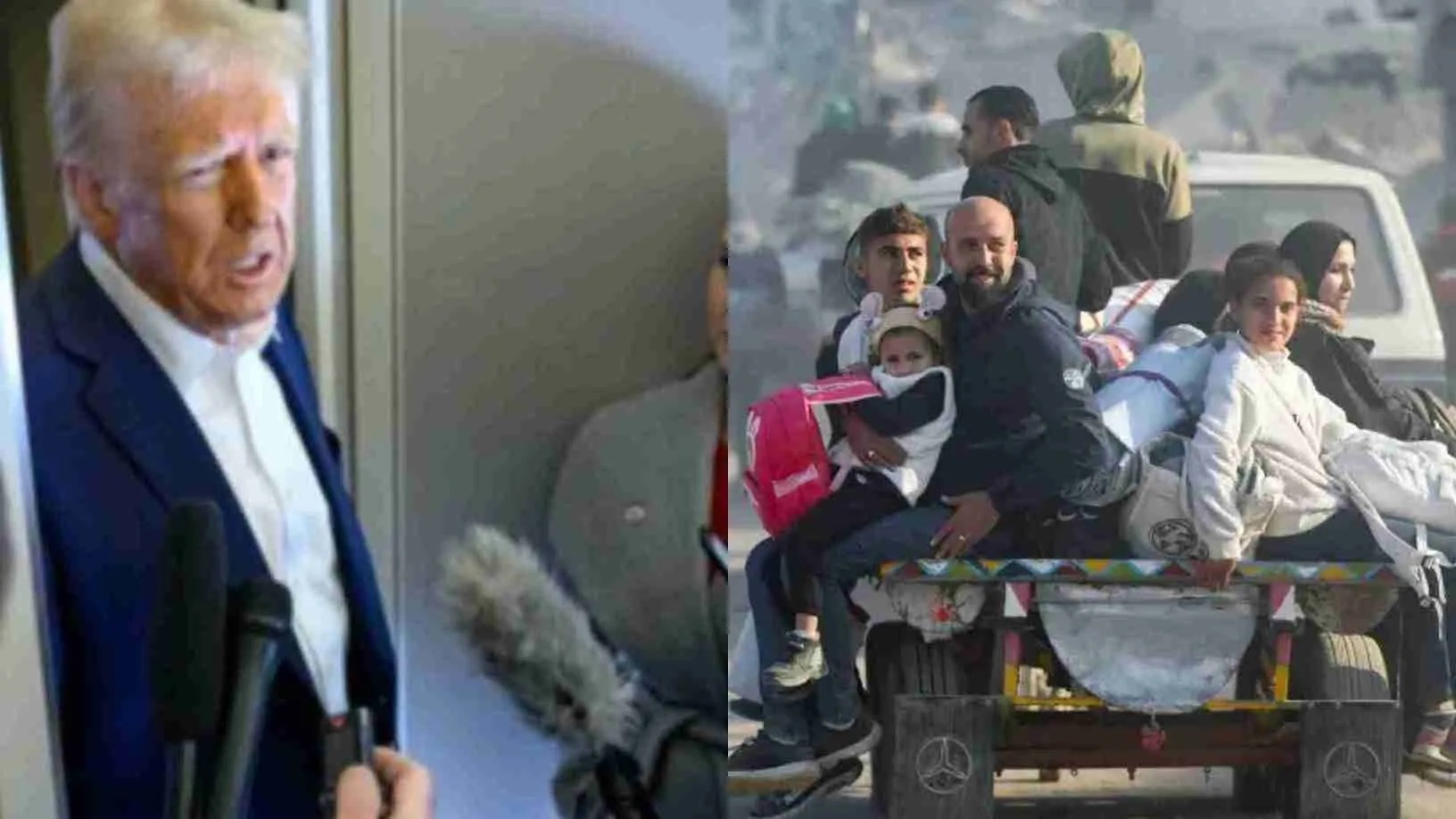Israeli Defence Minister Israel Katz has publicly confirmed Israel’s involvement in the killing of Hamas leader Ismail Haniyeh in Iran in July. This acknowledgment marks the first time Israel has officially claimed responsibility for the assassination, which was previously blamed on Israel by Iranian authorities. Katz’s remarks come amid heightened tensions between Israel and Iran, compounded by the ongoing Israel-Gaza conflict and hostilities in Lebanon.
In his statement, Katz declared that Israel would target the leadership of the Houthi movement in Yemen, just as it had done with leaders of Hamas and Hezbollah. He warned that Israel would “damage their strategic infrastructure” and “behead their leaders” in Hodeidah and Sana’a, referring to key Houthi-controlled areas. This comment echoed Israel’s previous actions against Haniyeh, Hamas leader Yehya Sinwar, and Hezbollah’s Hassan Nasrallah in Tehran, Gaza, and Lebanon.
Katz also highlighted Israel’s military successes, claiming that the nation had defeated Hamas, Hezbollah, and the Assad regime in Syria, and had “blinded Iran’s defense systems.” His comments were made during an event honoring defence ministry personnel, amid ongoing missile attacks by the Iran-backed Houthi group against Israel. The Houthis have been launching strikes on commercial shipping in the Red Sea for over a year, aiming to enforce a naval blockade on Israel in solidarity with Palestinians amid the Israel-Gaza war.
Haniyeh, who had been based in Qatar, was a central figure in Hamas’ international diplomacy efforts, particularly in ceasefire negotiations. His death came just months before Yahya Sinwar, Haniyeh’s successor and mastermind of the deadly October 7 Hamas attack on Israel, was also killed by Israeli forces in Gaza.
Israel’s confirmation of the Haniyeh assassination and Katz’s subsequent threats to the Houthis further escalate regional tensions, particularly between Israel and Iran, as the broader Middle Eastern conflict intensifies.























